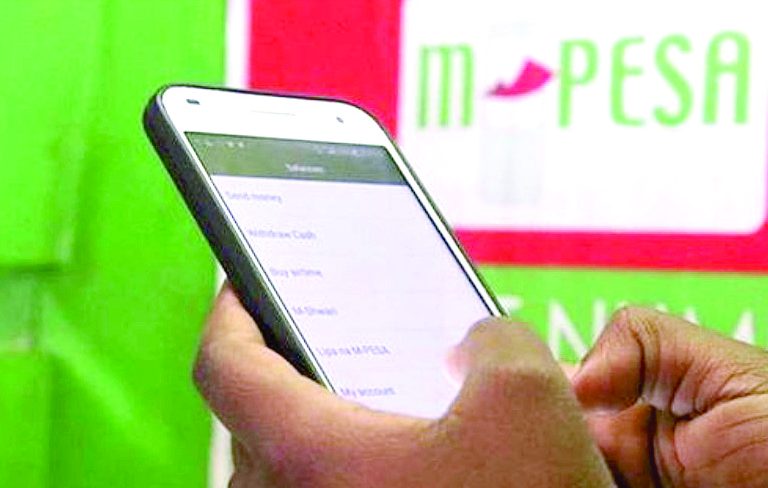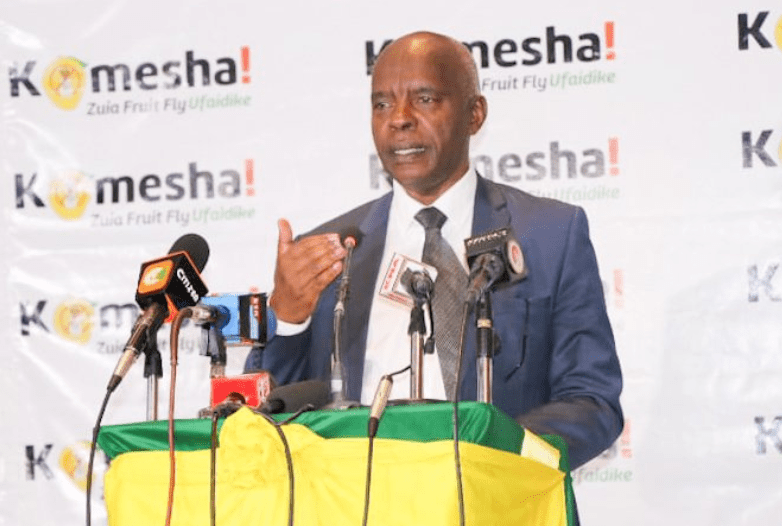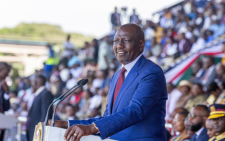What happens to an M-Pesa account when the owner dies?

In Kenya, where mobile money dominates daily transactions, many rely on M-Pesa as their de facto bank accounts.
But one question remains unaddressed until tragedy strikes: What happens to your M-Pesa account when you die?
According to Safaricom, death does not automatically transfer your mobile money balance to your family or next of kin. Instead, there is a structured process to access the funds legally.
“In layman’s terms, you can’t take any of your possessions with you when you die,” said Selline Akoth, Retail Operations Lead at Safaricom.
“From your family members to your closest friends, money, valuables—everything is left here on earth—even your M-Pesa balance.”
When an M-Pesa account owner passes on, Safaricom must first be informed of the death by a family member or the designated next of kin. This begins with a formal written request.
“You need to write a letter indicating your name, your relationship to the deceased, and your request,” Akoth said.
From there, Safaricom categorises the process into three levels based on the amount of money held in the deceased’s M-Pesa account.
Tier 1: Sh1 to Ksh30,000. If the balance is under Ksh30,000, the family must present the original death certificate or the original ID of the deceased, and a letter from a local administrator—such as the chief, assistant chief, county commissioner, or deputy county commissioner.
“They give you a letter where they must indicate that you’re the one who is going to get the resources,” Akoth said.
“It must include your details, your name, contacts, and relationship to the deceased.”
This must also be accompanied by a signed affidavit from a commissioner of oaths, indemnifying Safaricom.
Tier 2: For balances above Ksh30,000 and up to Ksh200,000, the requirements become more formal.
“You’ll need a letter from the Public Trustee under the Attorney General’s office, or from the county or deputy county commissioner,” Akoth said.
Full estate succession
Claimants must also provide supporting identification and documentation proving their relationship with the deceased.
Tier 3: Any M-Pesa account with a balance exceeding Ksh200,000 is treated as a full estate succession.
In such cases, Safaricom requires a Grant of Probate or a Letter of Administration.
These documents are issued through the Judiciary and guided by Kenya’s Law of Succession Act (Cap 160). The process can take several months or even years, depending on whether there are disputes within the estate.
Importantly, claimants have two years to initiate the process with Safaricom. After that, any unclaimed funds are transferred to the Unclaimed Financial Assets Authority (UFAA).
“Even if the SIM card linked to the M-Pesa account expires, the money doesn’t. UFAA will hold it,” Akoth clarified.
However, loans such as Fuliza and M-Shwari are treated differently.
“For loans, they reach end-of-life. They are not transferred or inherited,” she added.
Despite the lengthy process, Safaricom warns against taking shortcuts—such as trying to withdraw the deceased’s money through an agent.
“Safaricom doesn’t authorise the next of kin to withdraw money for the deceased because you’re not the user,” Akoth said.
“It is criminal because that is not your money. That money should go to the next of kin through the right way—succession.”
She emphasised that agent withdrawals require the original ID of the registered owner, which is carefully vetted.
Claimants who follow the due process can expect access to the funds within 24 hours of submitting all the required documents.















